Recently I watched a programme on the BBC which had been made from the experiences of one of our most famous footballers, Ian Wright. Although domestic abuse is not my area of expertise there is no doubt in my mind that the trauma of domestic abuse produces lots of dependence and addiction issues. I was fascinated to see several aspects of the film resonating with my approach and my experience. Because of this I thought I would write something around the programme, to firstly encourage you to watch the film yourself if you are thinking about your own recovery, and, secondly, to say a few things about where I thought it came closest to my approach to recovery from addiction.
The best way to read this post may be to view the programme alongside your reading. I have provided time references on the left of the text. Here is a link to the show.
https://www.bbc.co.uk/iplayer/episode/m000vt7g/ian-wright-home-truths
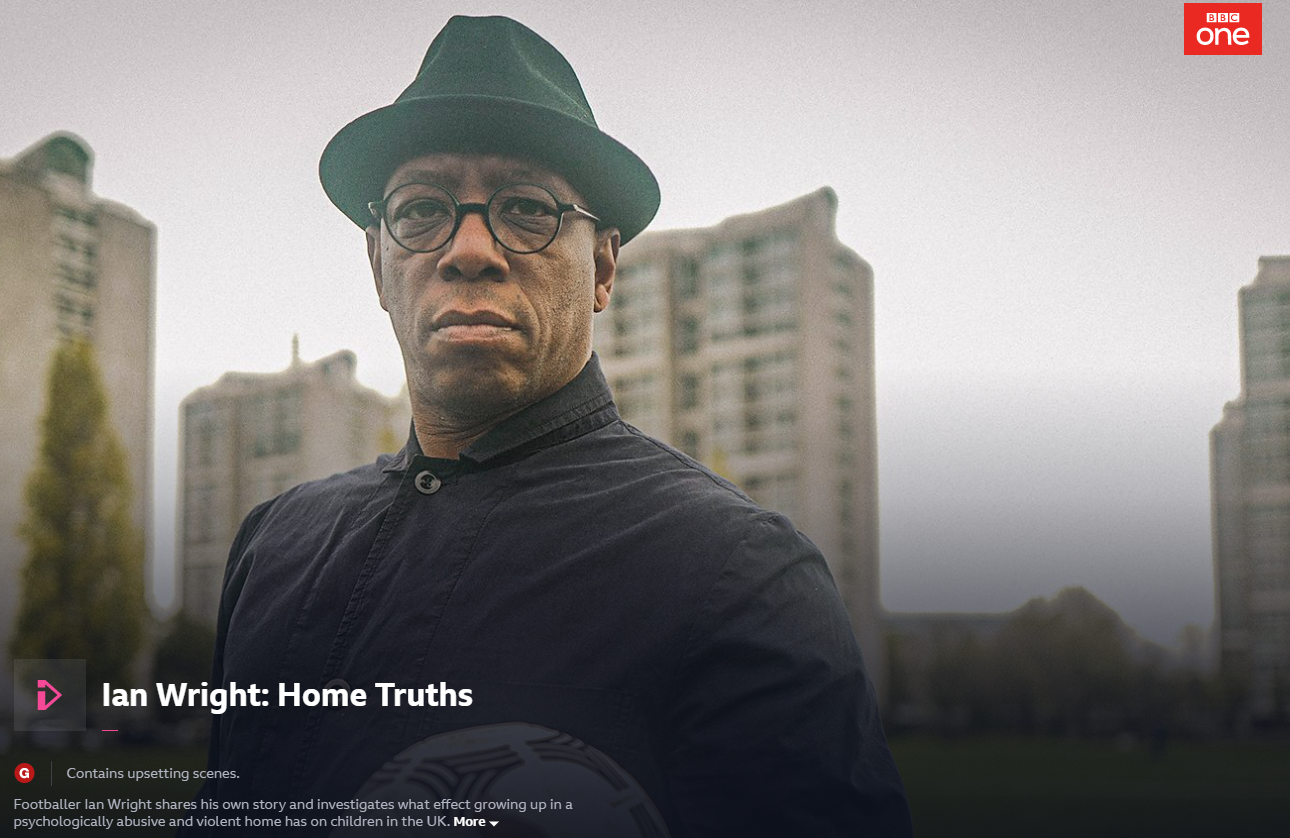
I was mainly drawn to this programme after a client mentioned it saying “he sees a Consultant Psychiatrist. She talks like you”. I am always fascinated to see where the medical colleagues are using some of the same ideas that I base my work on. These ideas are largely coming from the neuroscience research being done with the latest technology. We have an ability to study the brain now that they could have only dreamed about years ago and so much of what was pure observation is now being confirmed by digital analysis. This has led to me using the ‘parts’ model more and more in my work with addiction and, as a result, having greater and greater success in my efforts to help people to recover. But in this programme I also discovered more of a link from addiction back to the type of mental, physical, emotional and spiritual abuse that takes place in families. I hope you can also get something out of this programme and my thoughts on it.
Domestic Abuse – where the addict is made
1:00 From the beginning of the programme we see the effects of domestic violent abuse. Psychological, physical and emotional abuse that was not spotted or attended to by the authorities. Most trauma therapists are now agreed that addiction is mainly caused by this sort of experience. In 90% of all domestic abuse cases there is a child present. The programme attempts to explore the effects of this abuse later in life, particularly through Ians’ own experiences.
14:48 One of the effects Ian talks about is the psychological abuse he experienced through his Mother saying she should have terminated him. Talking about his older Brother, he remembers him covering Ians ears so he wouldn’t hear the violence being perpetrated on their Mum. When she was being hit by their Step-Dad she would be saying ‘sorry’. These mixed messages and the fear generated by someone who weilds total power over you leave a legacy of fear and anger that emerge later in life when you find yourself in a position of power over others. This often results in you perpetrating your own abuse and Ian says he is desperate for that not to happen. It is this courage that fuels the programme.
Parts
23:25 At one point Ian visits a Consultant Psychiatrist Dr Nuria Gené-Cos who specialises in domestic abuse. There are several sections of film where it becomes obvious that Ian is suffering from trauma reactions. The Doctor confirms this. As a therapist and recovery coach I find this very encouraging. Here is someone from the field of psychiatry that is clearly approaching trauma and it’s consequences from a ‘parts’ perspective.
Working with your parts
24:20 Here we see the difference between the ‘medical’ or traditional model and the ‘parts’ approach. Ian describes his experience as a ‘saint and a devil’ sitting on his shoulder and how this is like a fight between his affection for his Mum and his memory of all the bad things she did. The Dr first classifies this as a typpical trauma reaction. Next she addresses the seriousness of this by telling him that the betrayal of the Mother is the worst that can happen. She then goes on to begin explaining the ‘parts’ approach. She says that the continued betrayal “creates a different personality”.
26:20 This is the first mention of “the child part of you”. It is here the Dr asks “how old is the angry part of you”? Ian answer “9 or 10”. She adds “a child cannot run your life”. This is the section of the film where we are in the priveliged position of observing the Dr actually working with Ian. As a therapist I recognise that moment where the conversation changes from the abstract to the particular and her focus sharpens as she talks over him when he is about to go into his well worn ‘script’. She shows a lot of her experience in moments like these and wins his confidence and trust by her tone and her patience. We can notice things like when she chooses to be silent and wait for his processing and when she decides to speak and add to the position. Ian asks “so the angry part of me is a nine year old”? The Dr replies “That’s what it is”.
27:00 This is where the Dr tells Ian that he can do this ‘inside’. She begins to describe the child part as brave, reminding him that this part helped him to survive! Here she tells Ian to give the love the nine year old is still looking for. That he can do it now, as an adult. By calling him this ‘little one’ she helps Ian to develop a caring relationship with his younger self, replacing the angry, confused, regretful attitude. This is the beginning of developing the ‘harmonised self’ as opposed to the ‘conflicted self’.
This is the moment where the Dr is aligning herself most to the ‘parts’ model. It’s here that she starts Ian on the journey towards becoming his own primary care giver. Notice how what she says separates Ian the adult from Ian the child. What she says constructs Ian as an adult with access to the nine year old who she constructs as still being present and looking for the love that Ian can give him. It is this ‘self-parenting’ that is one of the major components of this approach. Once we understand that there is no one better suited to do this parenting than us! Once we realise that there is no ‘time-line’ in the part of the brain that stores these experiences, and so the child is still there, still looking for what they didn’t get. Still available for relationship, and still playing a part in our lives, we can begin the work of healing and constructing the harmonised self.
27:30 Here she adds the principle of self care “You are okay now, not in danger now” Showing the difference between the brain and the mind. When the Dr says this she is making a distinction for Ian between the past and the present. She is aligning him with his mind (the front room) and not his brain (the back room) and introducing the idea of the ‘core’ or ‘adult’ self.
28:20 Here Ian confirms that understanding that he has a nine year old that he needs to take care of is going to represent a “massive breakthrough for me”. Later he describes his nine year old as ‘an analogy’ which is a typical response of people when first introduced to this approach. He gets the idea but is still interpreting it from a traditional ‘blended’ perspective. After a few sessions my clients start to line up with the idea that we are not talking about analogies, this child part is real. As real as the adult that is your present self.
57:15 Here Ian says “if I could talk to that nine year old me, the one who was scared and lonely. I would say you will get through this. You are strong and you are worth something”. Again this is typical of people who have not yet developed this approach fully. It takes time to migrate to this model and its way of thinking because it is a ‘paradigm shift’ in the way you think about yourself. Once you learn to unblend your language, once you learn how consistent you and your parts are you can talk to that nine year old because he is still here. The more we think of these parts as real people the better this works.
Being your own primary care giver
56:03 The need for empathy as a part of recovery. Naomi helps Ian to see things from his Mums position. Empathy is such a large part of our relationship building. When Naomi explores Ians Mums experience she broadens the story out. Thereby placing Ian’s experience in a larger story. We are all sons and daughters of someone and we are all subject to our past, but it does not have to dictate our future. To the extent that we can see the humanity of our abuser we can then develop more understanding of our own experience. The more we see someone elses suffering, the more we understand why they did the things they did.
The need for pastoral care
31:30 Ian also includes his school experiences and learns about how much things have changed. He learns about the way that disregulated behaviour would be spotted and attended to straight away.
32:20 Here Ian meets Mr Anthony Alexander who is the Pastoral Care worker in the school. Ian talks about the way things have changed over the years and how impotrtant it is for the community that this work with children who witness abuse in their homes are offered support.
38:18 Here Ian meets some of the workers that support families in crisis. The programme he looks at is called ‘safecore’. It offers perpetrators of abuse (who are often victims themselves) a residential package of care and support that helps the whole family make progress. These programmes are often time limited and can only offer the tools needed. It is the family themselves that must do the work of recovery if things are to change.
Being the jewel in someones life
28:24 Here Ian introduces the jewel in his life, his teacher Mr Pigden. Ian tells us how important this man was in his life. Self worth is added by these relationships. When we appreciate the ones that added to the richness of our lives, the ones that connected us with our worth, our value, we are connected with love. It is this love connection that saves us. It is this connection that resurfaces, sometimes years later. When we are reflecting on the way things went wrong. When we are older and have perspective on things. It is often here that these amazing ‘jewels’ resurface. Like rocks appearing as the tide goes out they are solid when everything else is moving. They are consistent when everything else changes.
34:21 Tribute to Mr Pigden. Here Ian reads the plaque that stands as a tribute to this man. Ian helps us understand the importance of his teachers influence on his life. In the current climate of extreme opinions and disconnection don’t let anyone tell you that real core values have been forgotten. Captain Tom received over thirty million in his ‘just giving’ campaign after setting a target of just £1000. Ians tweet about Mr Pigden has at the time of writing had over four million views. Always remember that what connects us is more important than what separates us.
43:10 Here Ian talks about the value of having people who care about you in your life.
The jewels in my life
My life has included two jewels. I honestly do not know where I would be now without them. My Aunt Sally was someone who provided loving care when no one else did. She was in my life when I lived in Pennington. From birth to around 6years old. Most of my best memories are when I was at her house, It was a small terraced two up two down cottage with an outside toilet and no bathroom. I don’t really know why I was there so often or where my sisters where but it was the atmosphere that I remember the most. So calm, so loving. I could play in the sink with aeroplanes made from clothes pegs! A long way from ipads and childrens Netflix. We did watch Captain Pugwash and Andy Pandy together though. But my favourite memory of all is sitting on her knee while she read to me from a book titled ‘around the world in colour’. It had great illustrations about other cultures and my imagination flourished as she read to me about gauchos and Russian winters, Eskimos and Aborigines.
The Reverend Plant was another jewel in my life. He was a Vicar at the Church were I went to Sunday School. In many ways he was a typical C of E Vicar, even down to the ‘Vicar voice’ and as such, was an easy target as all Pastors must be. I loved football and, as well as the many other things he was doing, he ran a football team. I remember warming our feet in front of his fire after playing football in the cold. He ran a Sunday school were we would have drawing competitions which I really enjoyed. But my best memory of the Rev was just the atmosphere of loving calmness around him, an atmosphere that he created wherever he went and whoever he was with. Very similar to my Aunt Sally it was the atmosphere I loved. I would not have been able to explain that at the time of course. I just knew that it was attractive to me. Little did I know that I would be writing about these things sixty years later as the most important parts of my development. When I want to meditate and relax these days, I spend time in my Aunt Sallys tiny front room, on her knee, being read to. Just being in the presence of someone who finds me delightful.
The role alcohol often takes
16:20 Ian talks to Charlie Webster who recalled memorising where the floor noises where in their home so she could move around without being heard because this would make ‘him’ angry. This is a typical childs response to abusive parents as it attempts to ‘make him less angry’. She also makes the distinction between physical and psychological abuse which is worse than the beatings. She makes the point that it isn’t the childs fault but rather quotes something from the counsellors book “I couldn’t leave the field of play”. Alcohol is mentioned regularly as the participants recall their experiences.
19:10 Paul mentions something that I experienced myself. He talks about his Dad watching him play football. Paul was the goalkeeper and his Dad would laugh when he didn’t save the ball as well as a consistent shower of abuse during the game. The one time my Dad came to see me play football I scored a hat trick and when I saw them afterwards all he said was “If I was the referee you would have been sent off”.
40:05 Here as part of the safecore programme we learn that both parents have stopped drinking. This sounds like a decision they came to themselves as it is unlikely to be part of the programme they were on. Although it is not highlighted we get the impression that none of the progress that has been made in their communication and understanding of each other would have been possible without abstaining from alcohol.
53:45 Here in another example that involves stopping drinking Naomi talks about how she was abused and did not know how to get out of it. She turned to hard drink, eventually stopping as part of her rehabilitation. Again we see that stopping drinking is often a huge part of any rehabilitation and recovery from domestic abuse. The importance of abstaining from alcohol is not highlighted as before but the importance of it is obvious from the filming and the context.
The value of being cared for
23:00 At one point Ian tells us about his mixed feelings for his Mum. He both totally ‘adored her’ but at times he ‘totally hated her’. This is what makes the abuse from a caregiver so damaging to a young persons development and why people often have such anger problems later in life. We see the same pattern in Ians football career when he was so angry inside the relationship with the thing he loved the most. When we are mistreated by our care givers we ‘blend’ the mistreatment with our concept of love. The two things then become one. This is why we often see people continually engaging in relationships with abusive partners. If your dad hit you as part of loving you, you may only feel that someone really loves you when they hit you. In my counselling practice I have seen young women present their bruises like badges of honour. With a smile on their face they say things like “look what he’s done”. There is an ambivalence in their attitude, like they don’t know if it’s a good thing or a bad thing.
Overwhelming triggering – red mist
43:30 Ian talks about the lasting effect of growing up around anger. Lack of control, an inability to calm down. There are a few comments like “I couldn’t control myself” and “I couldn’t calm down”. These are examples of ‘triggered states’ where the triggering is so overwhelming it takes over everything you feel think say and do. Not everyone’s triggering is being filmed and made so public as was Ians but the shame of what we do in those states always lives on and can make us bury ourselves deeper into our addictions.
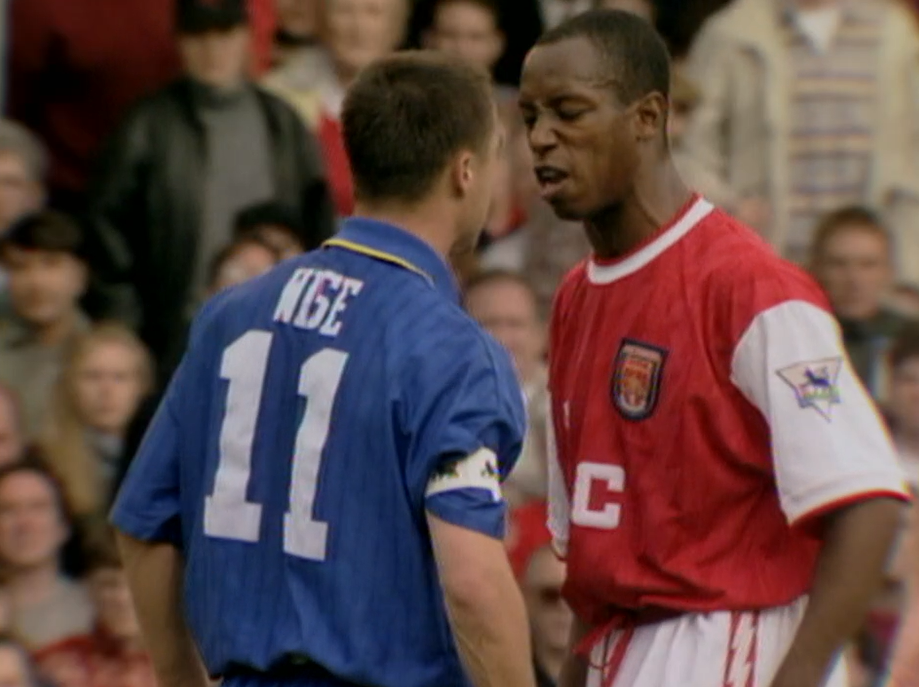
44:30 Ian then talks about how much he regrets these things, especially the fact that a lot of good people around him have had to let him go when they couldn’t get through to him.
This is the position so many of my clients are in when they enter treatment. So much damage and regret about the past that they wish had not happened but they couldn’t control. There is nothing more frustrating than the knowledge that you are making things worse by trying to improve things. Drinking alcohol or taking other drugs can seem to work at first, it may help someone control the thing that has been controlling them. But eventually, because it’s an unhealthy strategy it brings problems of its own. These problems come in two forms, firstly there are the indirect problems. These come as a result of the drugs effect on your time keeping, your attendance, your ability to pay for things and to pay back what you owe. All this destroys relationships and trust and can end in prosecution and illegal activity for so many. The direct problems come in the form of cognitive changes including memory loss and blackouts. As well as health problems that can become very serious. But the biggest problem of all is that it stops working! Now you have two problems, the one you started with and the drug problem which means that the cure has now become worse than the disease.
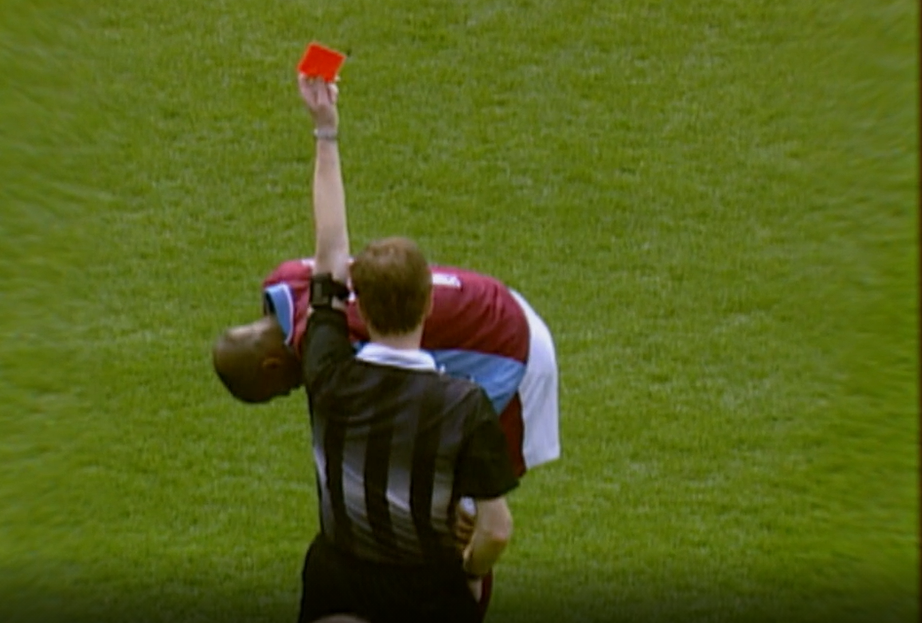
The recovery process – breaking the cycle
44:50 Once domestic violence has happened it needs support to change things. The Hampton Trust is one such place. Ian is visibly moved by several people and their commitment to change in the programme. He makes the case for helping anyone that comes forwards with these issues. Facing the problem often invoves doing the opposite of what our common sense tells us. Our ‘parts’ offer ‘quick fixes’ and don’t consider the future consequences. As the neuroscientists tell us ‘The amygdala can’t tell the time’. This means that what happens in the past is still with us, and that our brains reaction does not consider the consequences for our relationships. This often leads to addictive behaviour that helps the person survive the moment but leads to disastrous consequences that leave the family and friends shaking their heads in disbelief as to why an otherwise intelligent person would do such things. I know what it’s like to be in that trap. I know what it’s like to be caught in a cycle of ever increasing problems. Where everything you do makes it worse. But I broke the cycle. Against all the odds, like so many I found a way to outgrow these childhood difficulties. And so can you.
51:23 Ian talks about breaking the cycle of abuse in his own life. The programme may inspire you to consider your own recovery. Is it time for you to break the cycle in your family? If you think it may be that time for you, please contact me and I will offer you the tools that can make that possible. Thanks for taking the time to read this.
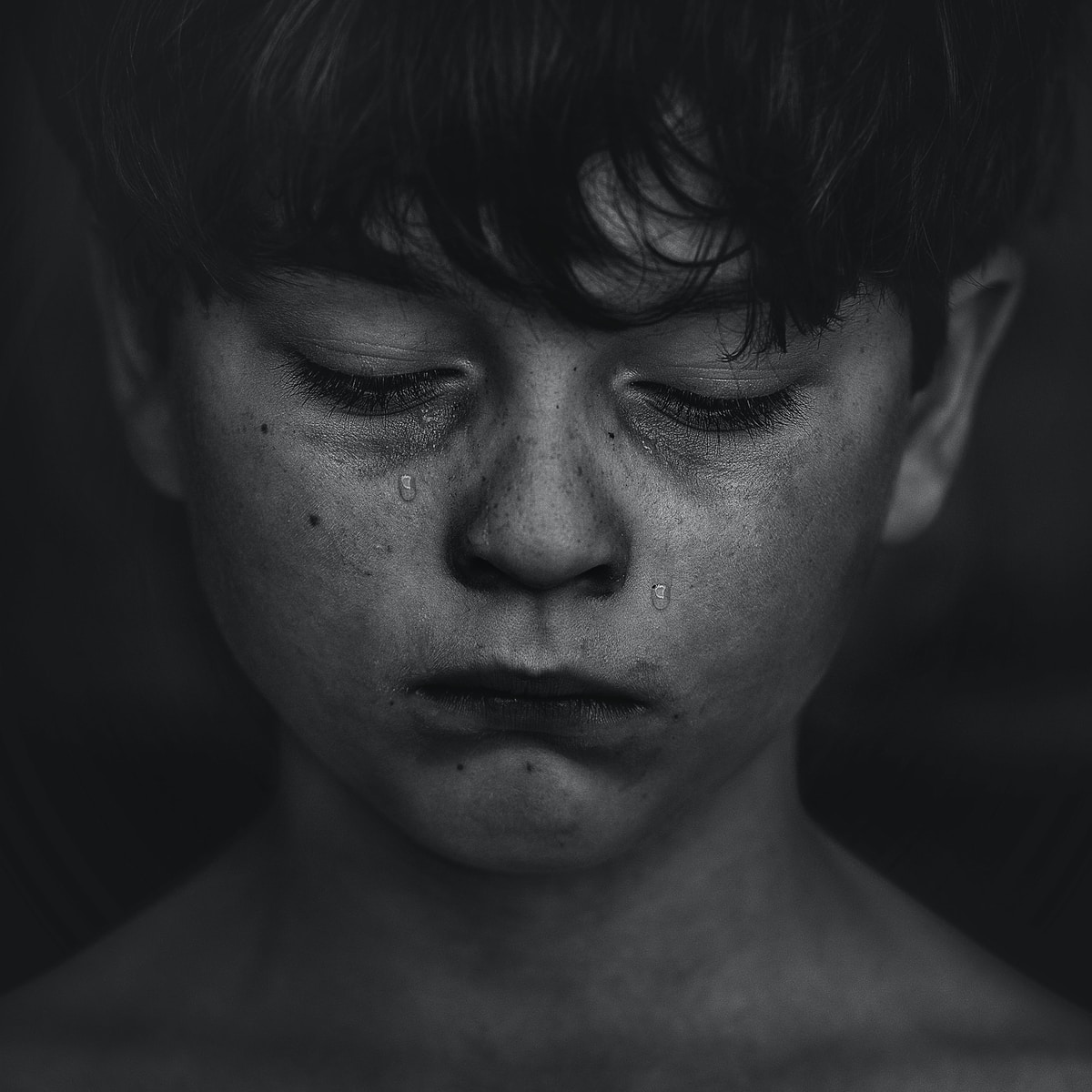



0 Comments